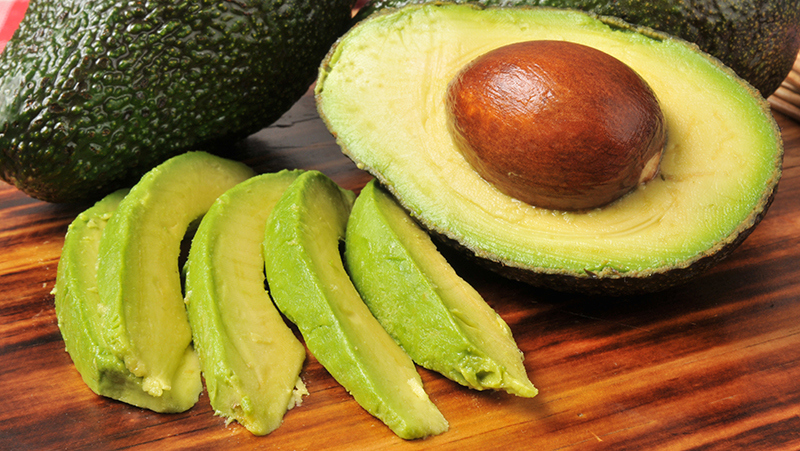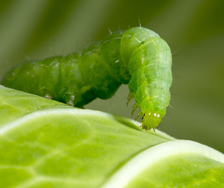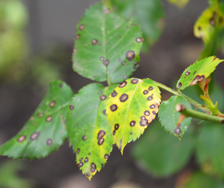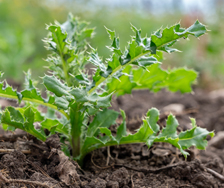Yates Account
Join now
Create a Yates account today!
Sign up to join the Yates Garden Club for monthly e-mails packed with seasonal inspiration, tips for success & exclusive promotions.
Plus if you’re a Garden Club member you can take part in the Yates Growing Community - a blog to share successes, get advice & win prizes in fun challenges along the way!

Forgot password
Enter the email address associated with your account, and we'll email you a new password.

Grow Your Own Avocados!
Avocados are a powerhouse of nutritional goodness - rich in vitamins, antioxidants, fibre and healthy monounsaturated fats. If you’re a lover of avocado guacamole, salsa and salads, then how about adding avocado trees to your garden?
Avocados are mainly grown in warmer areas of the North Island, but you can successfully grow them in a warm frost-protected spot in slightly cooler areas.
Tips for Growing Avocados at Home:
-
Avocados need moist but well-drained soil. Poorly drained soil can quickly lead to root rot and plant death.
-
Choose a sunny, sheltered site, that's protected from frost and wind.
-
Avocado flowers contain both male and female organs which open twice over a 2 day period. When the flower first opens it’s female, but when it re-opens on the second day it’s male. The timing of this flowering classifies avocados into either 'A' or 'B' types.
-
Although there can be some self-pollination in warm areas, planting 2 different varieties (from an 'A' and 'B' type) will help improve pollination and fruit set.
-
‘A’ varieties suitable for growing in medium-sized gardens include 'Haas' and 'Reed'. Good ‘B’ varieties include 'Bacon' and 'Fuerte'. Grafted plants will fruit earlier than seedling trees.
-
Avocados will not ripen on the tree. Pop a too-firm avocado into a paper bag with a banana for a few days to help it soften.
Avocados perform best when planted into soil that’s been enriched with a source of nutritious organic matter, like Yates Dynamic Lifter Organic Plant Food. Dynamic Lifter helps improve the quality of the soil by encouraging beneficial soil microorganisms, plus it provides the avocado tree with gentle nutrients as it establishes.
Reapplying Yates Dynamic Lifter every 6 weeks, from spring to autumn, ensures your trees have enough nutrients to produce healthy foliage and a great harvest.
Mulching over the root zone with an organic mulch, like bark chips, will help reduce moisture loss. Mulch adds extra organic matter to the soil as it breaks down.

Beautiful Blueberries
If home grown, freshly picked blueberries sound tempting, then it’s time to find a spot at your place for a blueberry bush or two.
‘Climax’ is an early season variety with medium to large dark blue berries, with a very good flavour. The bush has an open and upright habit. Climax is a ‘Rabbiteye’ type so is self-fertile but will produce heavier crops if cross pollinated with another Rabbiteye variety like ‘Tifblue’ or ‘Centurion’.
Rabbiteye varieties grow well in all areas of NZ and are partly deciduous. Blueberries prefer an acidic, well-drained soil. In areas with alkaline soil (a pH higher than 7), applications of Yates Soil Acidifier Liquid Sulfur every month will help lower the soil pH.
Some blueberries can also be grown in pots. Choose good quality potting mix such as Yates Premium Potting Mix and a large pot to give them enough room to grow.
Blueberries will benefit from regular applications of a complete plant food during spring. Yates Thrive Strawberry Berry Fruit Liquid Plant Food is ideal for blueberries as it’s fortified with extra potassium to encourage fruiting.

Protecting Feijoas from Insects & Diseases
Deliciously sweet and fragrant feijoas can be susceptible to a few insect pests and diseases during spring:
-
Scale – sap sucking insects that appear as small grey, brown, pink or black coloured ‘bumps’ along stems and leaves which deplete plants of sugars and nutrients and can cause patches of leaf yellowing.
-
Mealy bug – small white fuzzy sap sucking insects that feed on plant juices.
-
Caterpillars – chewing insects that can eat through leaves and also curl leaves up with webbing (leaf roller caterpillars).
-
Sooty mould – a fungal disease that appears like a dark grey or black ash like film that covers stems and leaves. It grows on the sweet honeydew excreted by sucking insects like scale and mealybug. Control these insect pests and the sooty mould will disappear.
Both sap sucking insects and caterpillars can be controlled by spraying feijoas each week with Yates Natures Way Organic Citrus, Vegie Ornamental Spray Ready to Use.

















Share
Share this article on social media